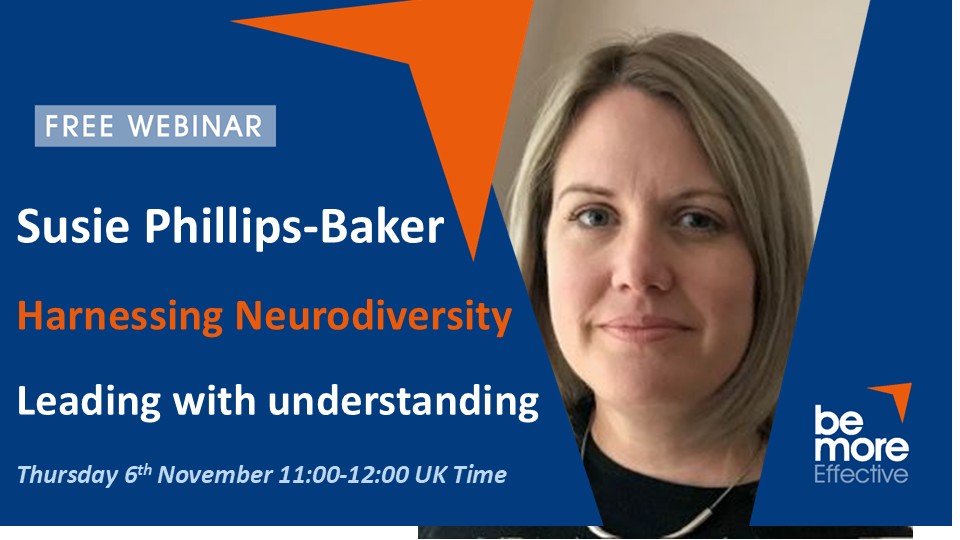If you’ve been in business for any length of time, then you know the absolute necessity of meeting personally with the decision-maker. mThe question is, “What can you do to increase the chances that that meeting will result in an outcome that will be beneficial to both of you?”
There are at least five things that must be done in order for this to happen
1. Plan
The first one is to plan your meeting before you get there. This may seem obvious; however you need to plan for the right things. One of the most important is your script; the framework plan for your conversation. That doesn’t mean that you write out everything that you or the decision-maker will say. Instead, it means that you have worked out in advance the concerns, objections, questions, and reservations that that person might have; and as a result, you have a fairly good idea of how to adapt your solution. One particularly helpful question to ask yourself is, “What could go wrong in the meeting?” And another is “What are the toughest three questions he or she could ask me?”
Knowing what to expect enables you to answer questions confidently, and that helps to put the decision-maker at ease. The more relaxed he or she is, the easier it will for the relationship between you to grow.
2. Prove that you are the expert
The second thing you must do is prove that you are the expert. You want to be so well-prepared and knowledgeable that the decision-maker will be convinced that you are the person he or she has been waiting for. There are a number of ways to do this.
- One is to focus on the value the decision-maker will get from you. You need to be able to articulate how your solution exactly matches the needs of the decision-maker’s organisation. So do your homework, do some research if need be; what might be their biggest pain or gain points?
- Another one is to be a good listener. Few people can resist the urge to interrupt. In fact, most people talk too much even when it’s “their” turn. If you are willing to allow a little silence here and there, you will appear to be more relaxed, and therefore in control of yourself – another rare trait among your competitors. Good listeners are so hard to find that those who do it well put themselves in a different category from almost everyone else. One of the biggest complaints prospects have is sales people talk too much. Strange when by listening authentically you give attention, acceptance and approval to the other person which builds their trust in you. Still why would you want a prospect to trust you..?
Of course, if you do listen you will also learn to understand things from their point of view and so be more effective at making your ideas relevant and meaningful to them. When they sense you able to make your knowledge relevant to them, their respect for your expertise goes up.
3. Body language
Body language speaks volumes. The jury is still out on what percent of communication is non-verbal. No doubt you make decisions about the competence of someone within seconds of meeting him or her; and that means that the same judgements will be made about you by the decision-maker, too. Eye contact is important as long as you remember to blink every now and then. Enthusiasm can be a double-edged sword. It can convey energy for the project, but it can also come across as pushy. It’s a delicate balance. You want lead, rather than force, the decision-maker.
4. Know when to sell and when to stop
How many times have you been approached by a sales rep who didn’t know when to stop selling? You can have the same effect on the decision-maker if you don’t know when to do it, and when not to. No one is ever “reasoned” into a sale. Instead, they have to feel that it’s right thing to do. If you find that you’re trying to persuade the decision-maker to buy from you by using a lengthy logical argument, in all probability, you’ll achieve the opposite outcome that you want.
5. Know the metrics
Metrics can be a difficult subject. Einstein once said that “Not everything that can be counted, counts; and not everything that counts can be counted.” If the decision-maker knows in advance that you know how to measure the results, and intend to do so if it’s appropriate, then that can reduce the perceived risk for your solution. For example, many people believe that so-called soft skills can’t be measured. The truth is that most of them can, but the cost may exceed the benefit. However, that’s very different from saying that it can’t be done. It can be important for the decision-maker to know that those consultants who say it can’t be done are probably incapable of doing it.
If you’re well-prepared, quietly confident, and know how to listen then you will be able to put the decision-maker at ease, lead him or her to a solution that will benefit you both.
If you want to know more about making each meeting produce great results almost every time -
contact me here


